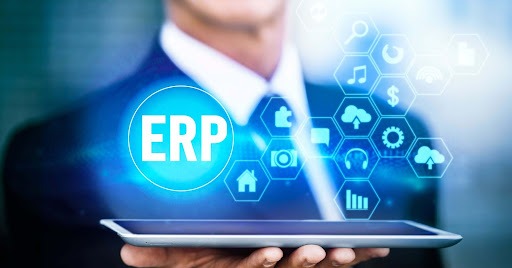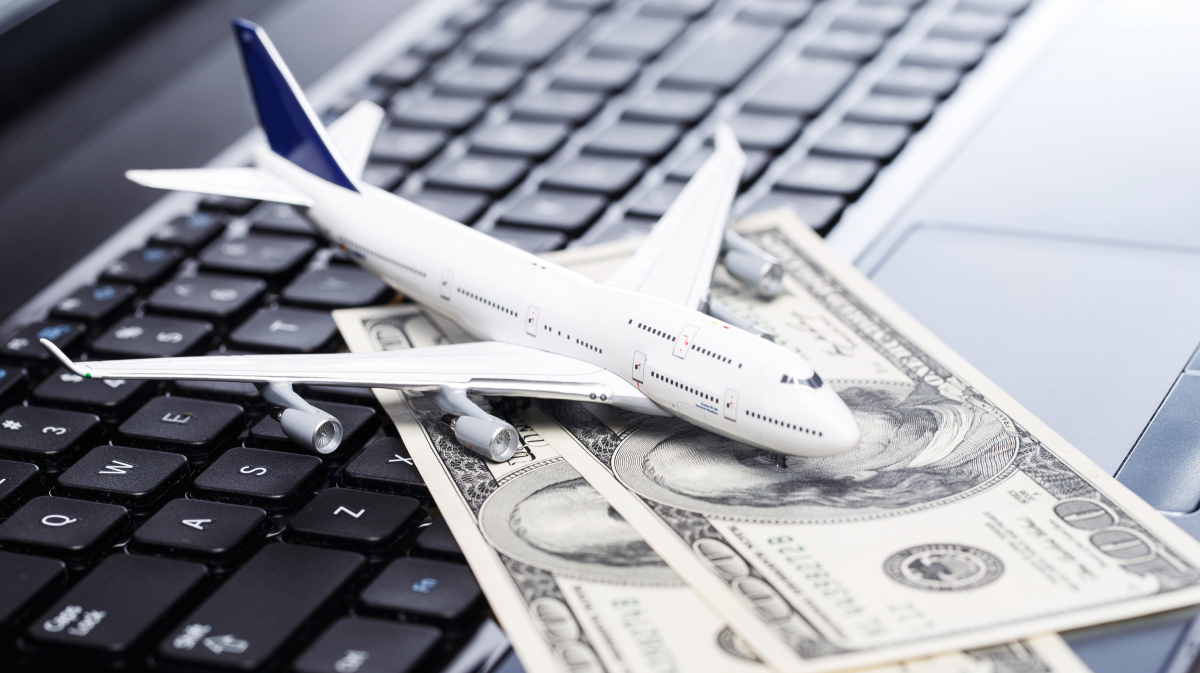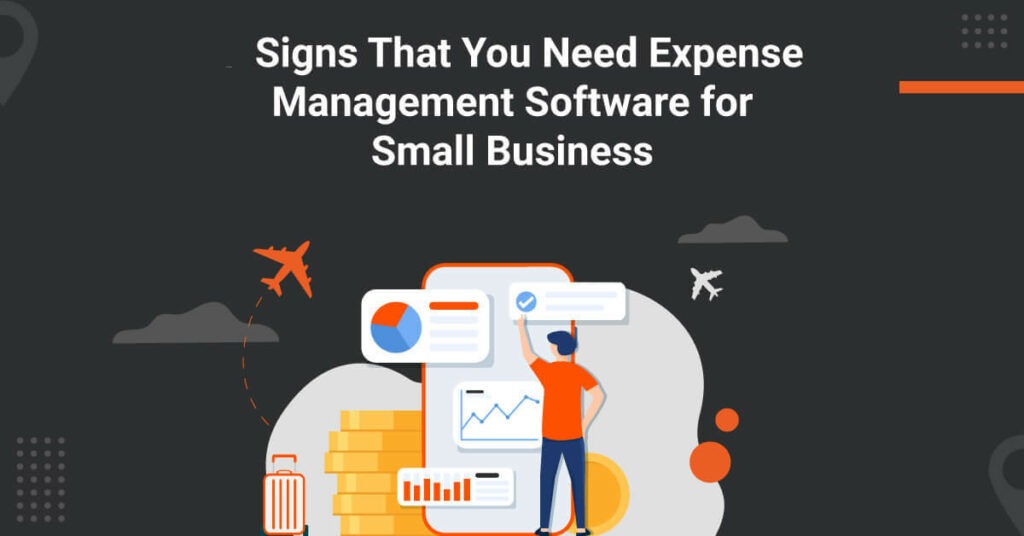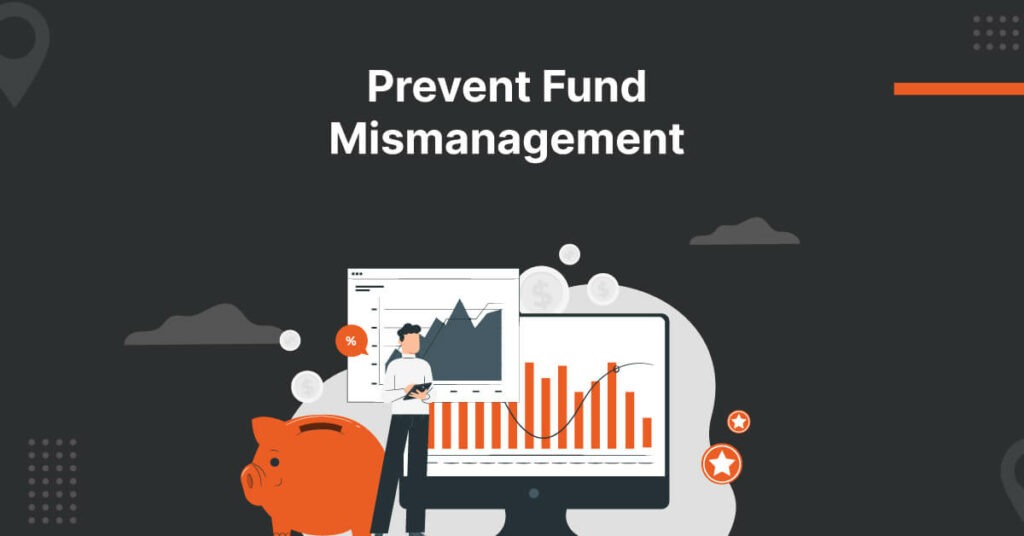
As a finance or travel manager, you play a crucial role in managing and optimizing your company’s financial resources. One area that often presents challenges is travel expense management. You must keep track of employee expenses, ensure compliance with company policies, and reconcile transactions, which can be time-consuming and prone to errors.
This is why most companies these days leverage expense management software. However, integrating Enterprise Resource Planning (ERP) with Expense Management Software can revolutionize your expense management process and bring numerous benefits to your organization.
Mentioned below are eight compelling reasons why you must integrate an ERP with your expense management software:
1. Streamlined Expense Reporting
Integrating ERP with expense management software simplifies the expense reporting process for your employees. With this integration, your employees can easily submit expenses within the ERP system rather than relying on manual spreadsheets or paper-based receipts, which is time-consuming and tedious.
When you integrate ERP with expense management software, you can automatically extract relevant data from receipts, reducing the chances of errors. This accelerates your expense reimbursement process. This streamlined approach saves employees and the finance team time, allowing them to focus on more critical tasks.
2. Enhanced Policy Compliance
In an organization, expense policy compliance is a constant concern. When you integrate ERP with expense software, it enables you to enforce company spending policies more effectively.
The integrated software allows you to configure the system to apply your company’s expense policies automatically. For example, you can set limits on specific expense categories, such as meals or hotel accommodations, and the system will flag expenses that exceed these limits during the approval process.
Before approval, you can also configure the software to flag non-compliant expenses, such as unauthorized purchases or excessive spending. This proactive approach ensures that expenses adhere to company guidelines, reducing the risk of financial losses and potential audit issues.
3. Real-Time Visibility into Spending
Maintaining control over company expenses requires up-to-date information on spending patterns. With ERP and expense management integration, finance and travel managers gain real-time visibility into spending activities.
The software’s dashboard and reports provide a comprehensive overview of expenses, including categories, trends, and individual expenditures. This data-driven approach empowers you to make informed decisions, identify cost-saving opportunities, and allocate budgets more efficiently. Let us see how:
Instant expense updates: With the integration of ERP and expense management, when employees submit their expense reports, they are recorded and updated in real time.
This means that finance and travel managers can access the latest expense data without delays. With real-time updates, you can ensure decision-makers have access to the most current financial information, enabling them to make timely and informed decisions.
Dashboard analytics: The integrated system often provides customizable dashboards to overview the spending activities comprehensively. These dashboards display key metrics, graphs, and charts highlighting expense trends, top spenders, major expense categories, and more. This visual representation of data makes it easier to grasp the financial picture and quickly identify areas requiring attention.
Timely budget adjustments: If you can access real-time expense data, you can quickly identify if certain budget lines exceed the allotted budget. Such early detection enables you to make timely budget adjustments, reallocating funds as needed to avoid overspending in specific areas.
Immediate alerts for exceptional expenses: You can set up the integrated system to
generate real-time alerts for exceptional expenses, such as unusually high transactions or expenses that breach company policy limits. These alerts enable the finance managers to investigate potential issues and prevent further financial risks immediately.
4. Accurate Budgeting and Forecasting
Accurate budgeting and forecasting are essential for effective financial planning and strategy. When you integrate ERP with expense management software, it creates a seamless flow of data, leading to more precise budgeting and forecasting processes.
To understand its significance, let’s delve deeper into this point:
Comprehensive expense data: By integrating ERP and expense management software, you can combine data from various expense sources, such as travel expenses, vendor payments, and employee reimbursements. Having a centralized repository of expense data allows finance managers to access a comprehensive view of all expenditures, ensuring that no expense is overlooked during budgeting and forecasting.
Timely and up-to-date information: Real-time updates and automated data synchronization between ERP and expense management software provides finance managers with the most current information on expenses. This timely data allows for more accurate budgeting and forecasting, reflecting the latest spending trends and patterns.
Historical expense analysis: You can also analyze historical expense data with the help of this integration. You can review past spending patterns, identify seasonal variations, and recognize any expenditure trends that may influence future budgeting decisions. This historical perspective enhances forecasts’ accuracy and helps set realistic financial goals.
5. Simplified Auditing and Compliance Reporting
Auditing is a critical aspect of financial management. The integration of ERP and expense management software streamlines the auditing process significantly. With automated expense tracking and digital receipts, you can reduce the likelihood of errors and duplicate claims.
Moreover, the software captures a detailed audit trail, providing a transparent view of each transaction’s approval process. This level of transparency simplifies compliance reporting and ensures that your company remains in good standing with relevant financial regulations.
6. Efficient Reimbursement Process
Late or inaccurate expense reimbursements can frustrate employees and impact their morale. Integrating ERP with expense software accelerates reimbursement, resulting in happier and more satisfied employees. The automation reduces processing times, and direct integration with the company’s financial systems ensures that reimbursements are accurately recorded and transferred promptly.
Here is a detailed explanation of the same:
Faster processing times: The integration eliminates the need for manual data entry and paper-based processes. You can automatically capture and process expense reports within the system, significantly reducing the time it takes to reimburse employees for their expenses. Hence, employees no longer have to wait for extended periods to receive their reimbursements, leading to higher satisfaction and increased productivity.
Automated expense approval: The integration enables the automation of the expense approval process. Expense reports are automatically sent to the appropriate managers based on predefined rules and workflows. This streamlines the approval process, reducing bottlenecks and ensuring that reimbursements are processed quickly.
Mobile expense submission: Most expense management software solutions offer mobile apps that allow employees to submit expenses on the go. This convenience enables employees to capture receipts and submit expenses in real time, reducing expense reporting and reimbursement delays.
Reduced administrative burden: The automation provided by the integration reduces the administrative burden on finance teams. You can focus on more strategic financial tasks and decision-making with less manual data entry and approval processing.
7. Seamless Travel Management
Integrating ERP with expense management software for travel managers offers a seamless travel management experience. From booking flights and accommodation to processing travel-related expenses, the integrated system provides a centralized platform for managing all aspects of business travel.
This saves travel managers time and effort and enhances the overall travel experience for employees, promoting corporate travel compliance.
8. Fraud Detection and Prevention
Expense fraud can pose significant financial risks to companies of all sizes. Integrating ERP with Expense Management Software strengthens your fraud detection and prevention measures.
The system can flag suspicious expenses, such as duplicate claims or costs above certain thresholds, reducing the chances of fraudulent activities going unnoticed. This safeguard protects your company’s financial resources and ensures you use your funds carefully.
Invest in the Best Expense Management Software
Integrating ERP with expense management software significantly enhances policy compliance by automating policy enforcement, providing real-time validation, and streamlining the approval process.
Moreover, the integrated system’s transparency and data analysis capabilities empower finance managers and travel managers to identify potential areas of improvement in expense policies, leading to better financial management and cost control.
If you are looking for the best expense management software integrated with ERP, itilite is your answer! itilite is an advanced cloud-based expense management software that helps you seamlessly manage all your expenses. The software’s comprehensive features and user-friendly interface automates the expense reporting process, ensuring policy compliance.
By choosing itilite, you streamline your expense management process and gain a strategic partner dedicated to your financial success.
To know more about our advanced features, get a free demo now!













